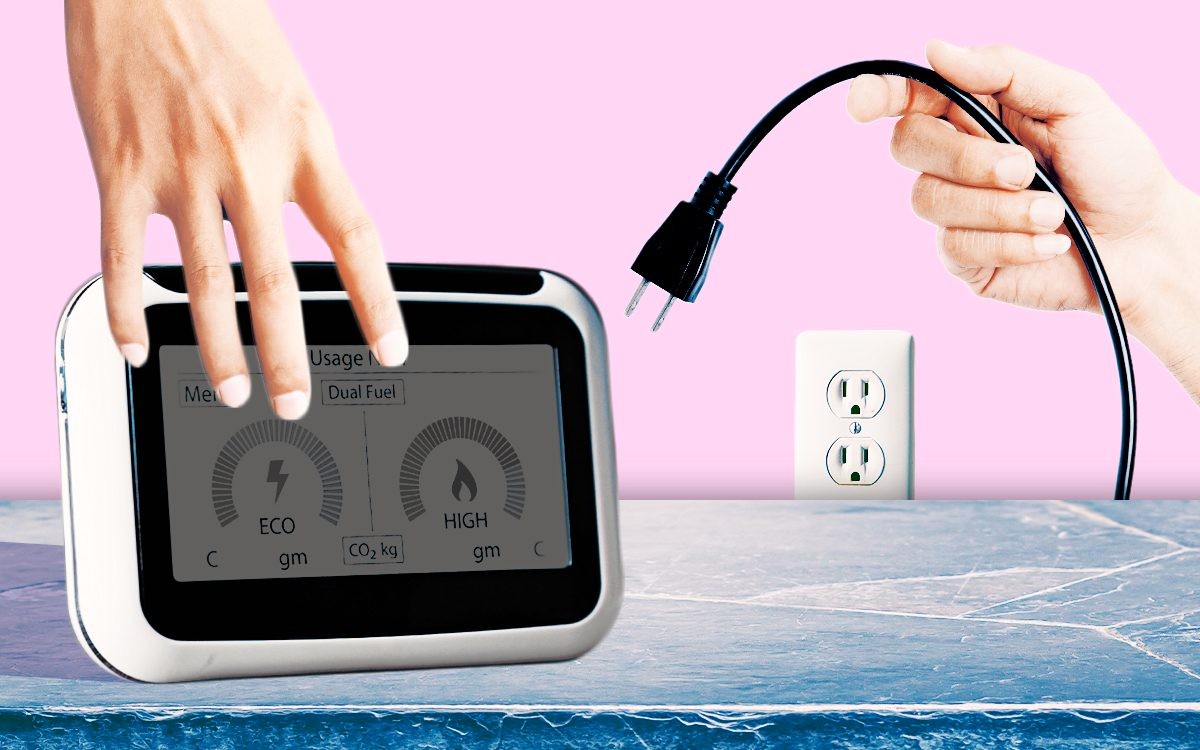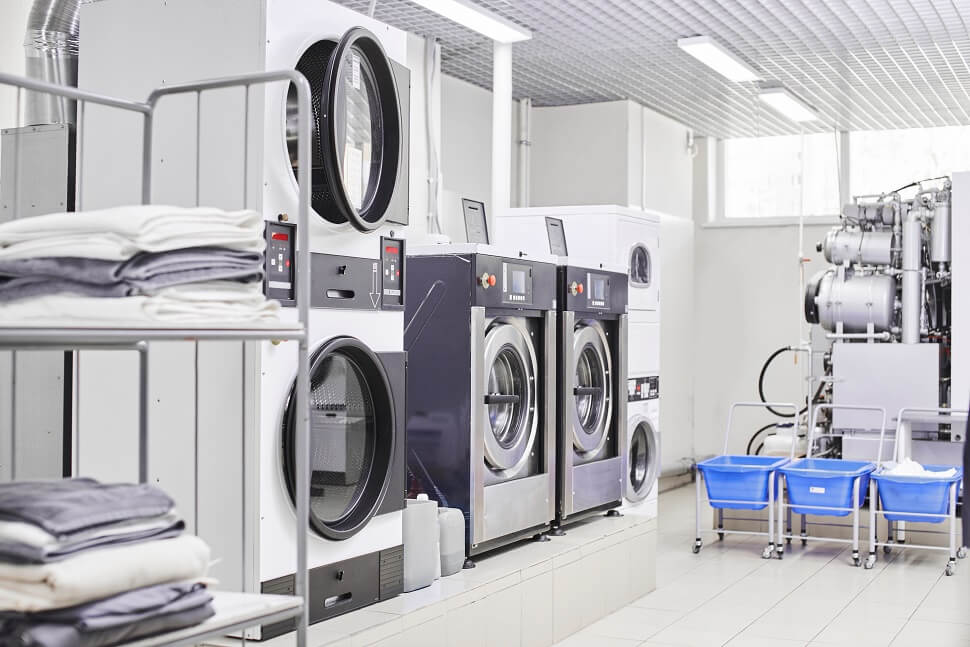Personal injury claims can be complex, and strict liability claims are no exception. Unlike claims based on negligence, strict liability claims do not require the plaintiff to prove that the defendant acted with a certain level of carelessness. Instead, the plaintiff must only prove that the defendant’s actions caused their injury. This article will provide a comprehensive guide to strict liability personal injury claims.
Strict Liability- What is it?
Strict liability is a legal doctrine that holds defendants liable for harm caused by their actions, regardless of fault. In other words, the plaintiff does not have to prove that the defendant acted negligently or intentionally to recover damages. Strict liability is often used in cases involving defective products or dangerous activities, such as owning a wild animal. Let’s see the elements of a strict liability claim:
- The defendant engaged in the activity or produced the product that caused the injury.
- The activity or product was inherently dangerous or defective.
Types of Strict Liability Claims
Strict liability claims can arise in a variety of situations. Some common types of strict liability claims include:
- In product liability cases, strict liability allows plaintiffs to recover damages for injuries caused by defective products, regardless of whether the manufacturer was negligent.
- If someone owns a wild or dangerous animal, they can be held strictly liable for any harm the animal causes, regardless of whether they were negligent.
- Activities such as blasting or handling hazardous materials are considered abnormally dangerous. If someone engages in these activities and causes harm to others, they can be held strictly liable.
Defenses to a Strict Liability Claim
Defendants in strict liability claims can raise several defenses, such as:
- Assumption of Risk: If the plaintiff voluntarily engaged in a dangerous activity or used a product with known risks, they may be barred from recovering damages.
- Product Misuse:If the plaintiff used the product in a way the manufacturer did not intend, the defendant might argue that the plaintiff’s actions caused their injury.
- Contributory Negligence:If the plaintiff was partially responsible for their injury, their recovery may be reduced or eliminated.
Regan zambri long personal injury attorneys claims can be complex, but they offer a way for plaintiffs to recover damages without proving fault. So, you can hire a legal representative.



